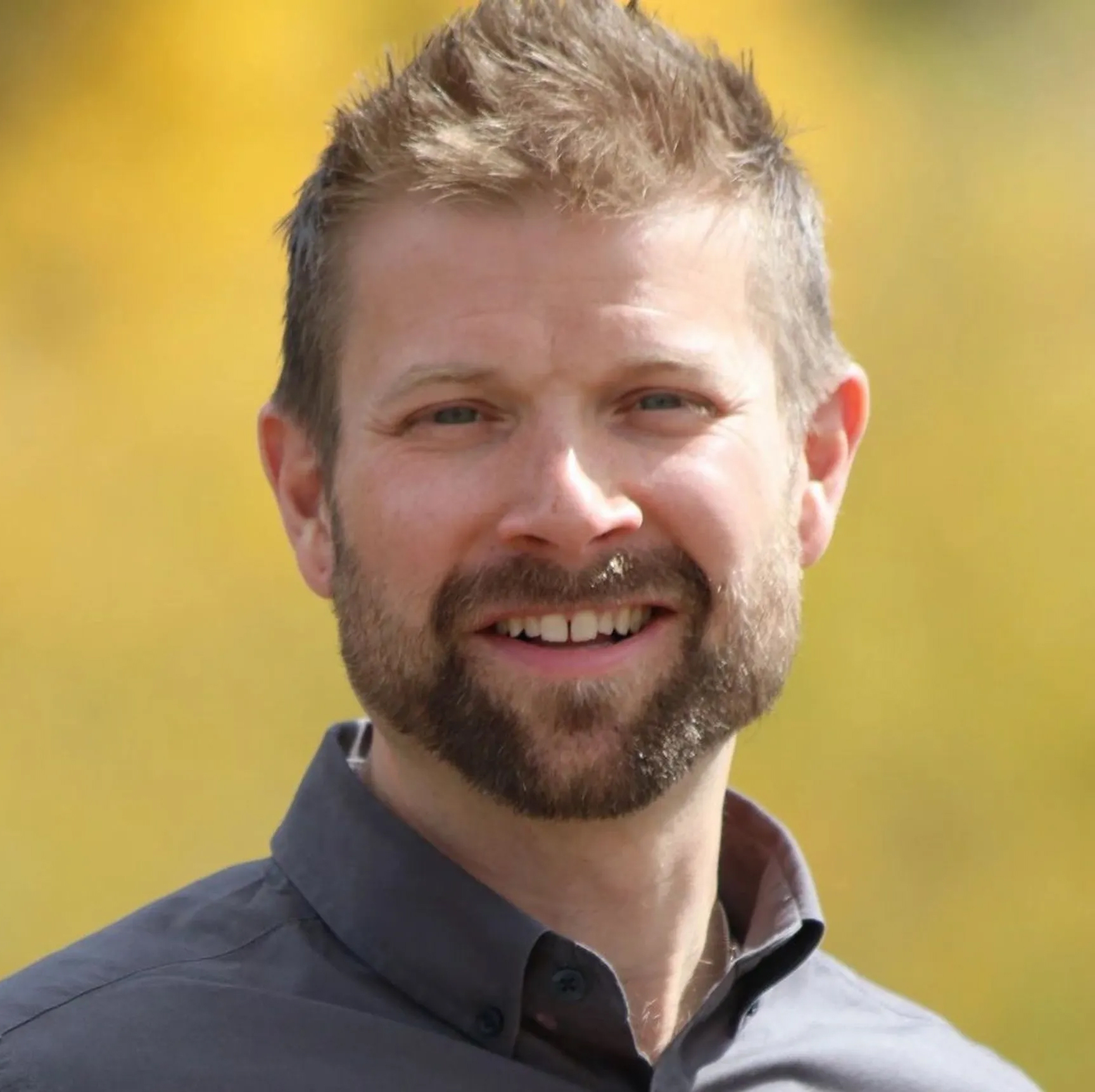 What is most concerning to you about climate change impacts to our community?
What is most concerning to you about climate change impacts to our community?
Responding to climate change and shaping environmental stewardship for Summit County are crucial in preserving our economy and our lifestyle for today and tomorrow.
In February 2018, Summit County’s Board of County Commissioners unanimously approved a resolution committing the community to using 100 percent renewable energy by 2035.
I support the Summit Community Climate Action Plan, an outline of strategies for Summit County to take a leading role in preserving our environment and mitigating climate change. The Summit Community Climate Action Plan was led by Summit County’s High Country Conservation Center, a non-profit agency that promotes practical solutions for waste reduction and resource conservation in Summit County. This collaboration made up of more than 60 community members and experts in the fields of energy, sustainability, water, and other environmental sectors envisions a commitment to current and future generations.
Energy related CO2 emissions account for over 50% of Colorado’s greenhouse gas emissions. Because burning fossil fuels is the primary driver of climate change, the energy sector must change in order to substantially decrease greenhouse gas emissions. Summit County should invest in clean energy industries, programs, education, and infrastructure. As Coloradans receive nearly three quarters of drinking water from snowpack, we must work to create innovative and effective solutions that address rising temperatures that are melting our snowpack.
Climate change is already impacting food supplies throughout Colorado and beyond. Understanding how and where we grow food is one step towards making changes related to agriculture. Investing in local agriculture and supporting local efforts related to the food chain can address food security challenges.
Increasing recycling and composting infrastructure and participation can result in establishing smaller footprints and deeper impacts towards climate change.
Furthermore, individual towns in Summit County are making strides to fulfilling our Community Climate Action Plan. The solar garden north of downtown Breckenridge assists with the renewable energy goal of having all town facilities completely powered by renewable resources by 2025.
The towns of Breckenridge and Frisco have implemented fees related to retail plastic bags with the eventual banning of plastic bags. Additionally, in a July 2020 Summit Daily News article, the town of Dillon is reported to be moving towards a plastic bag ban, as well. Summit County can implement a county-wide ban on plastic bags.
Summit County should continue to invest in electric buses to replace the diesel fleet that primarily makes up our public transportation’s bus system, the Summit Stage. Xcel Energy has committed to being 80 percent carbon-free by 2030 and completely carbon-free by 2050. Summit County Government and our town partners can continue to work with Xcel energy to ensure that their energy goals and programs work in concert with Summit County’s goals.
Finally, as a current commissioner for Summit County’s Lower Blue Planning Commission, I share the responsibility of providing land use and development recommendations in the Lower Blue Basin which extends from Dillon Dam on the south to the Summit County to the Grand County line on the north. I support responsible development using innovative renewable energy solutions.
Would you support a local Renewable Energy Program that would require renewable energy on buildings that use large amounts of outdoor energy?
Yes. A local Renewable Energy Program would reduce energy use and promote renewable energy while create new jobs and expanding renewably-energy industries in Summit County.
Decreasing energy consumption while generating revenues to invest back into renewable energy programs and incentives would further Summit County’s goals towards sustainability.
Responsible development should include sensible, affordable, and equity renewable energy design and infrastructure. I support county-wide innovation and collaboration that helps Summit County reach its Climate Action Plan Goals, enhancing our quality of living.
Would you support a “universal recycling” policy that would require recycling collection at businesses and residences across the community?
Yes. A universal recycling policy that is accessible, equitable, and affordable would allow more Summit County residents and guests to participate in recycling efforts. Summit County government should work collaboratively with town partners, non-profit organizations, and citizen groups to prioritize management of trash and recyclables in efforts to increase our local diversion rates.
Strong Future funds should include not only increased education and marketing campaigns around recycling programs but also be leveraged for infrastructure that enables better county-wide participation in recycling efforts.
blanchardforsummit.com < BACK